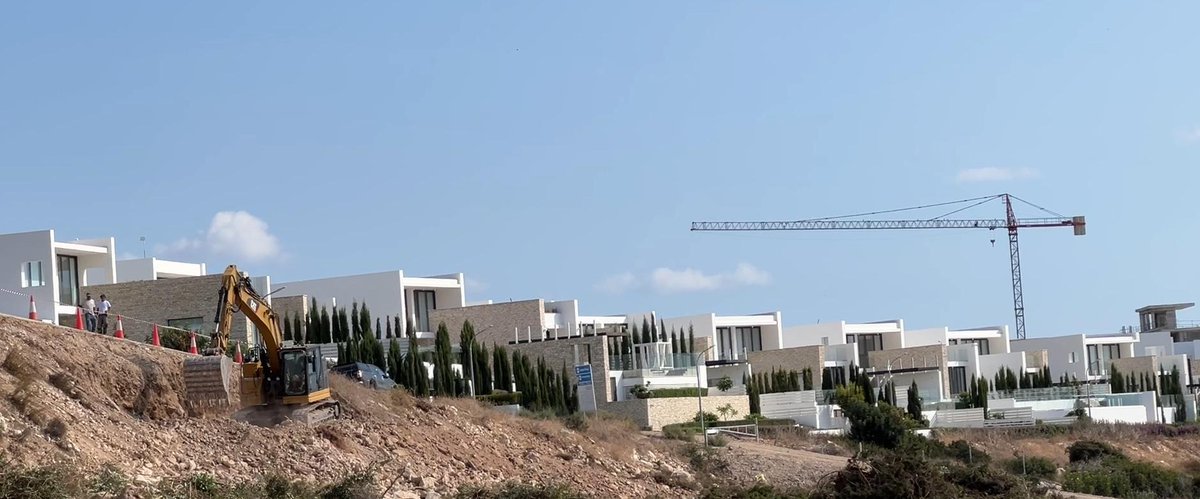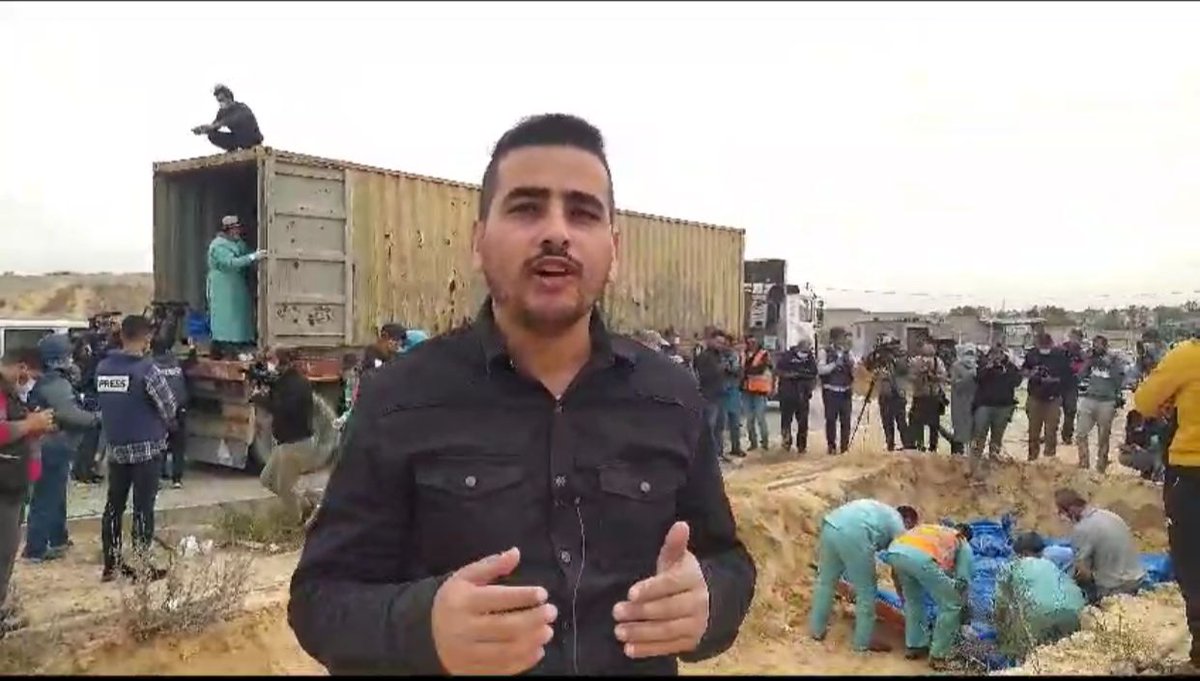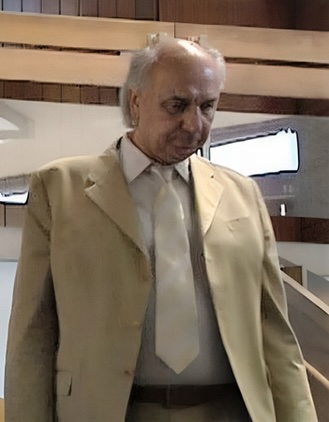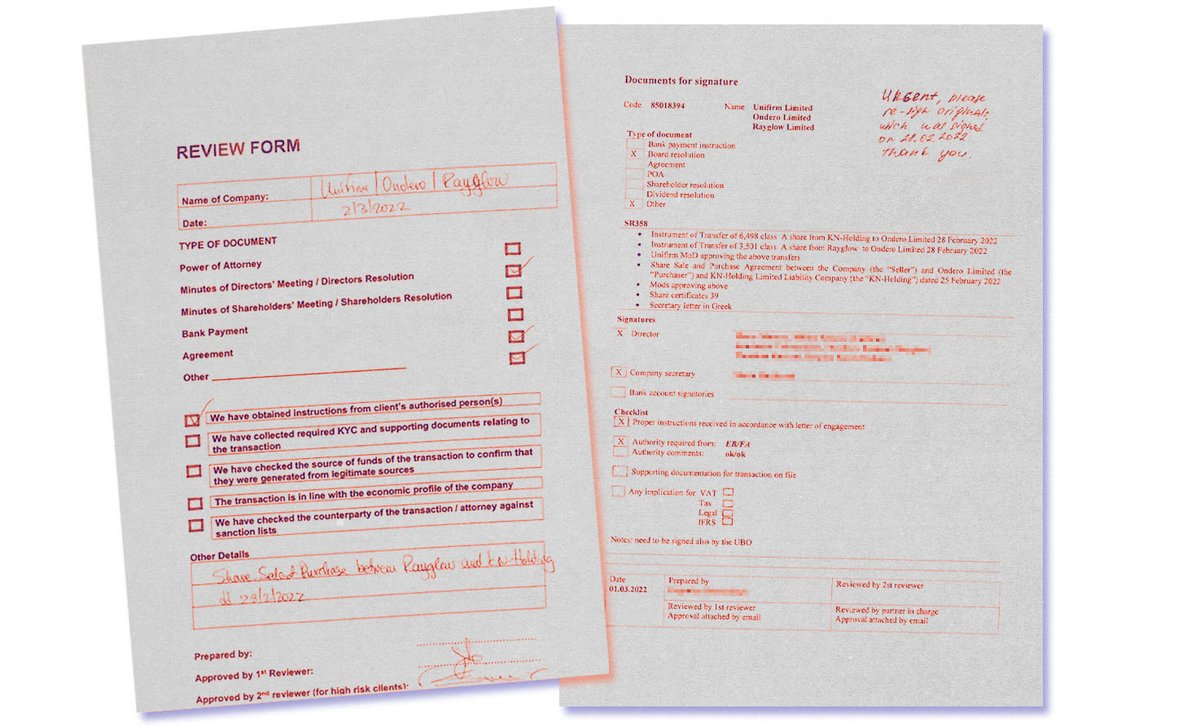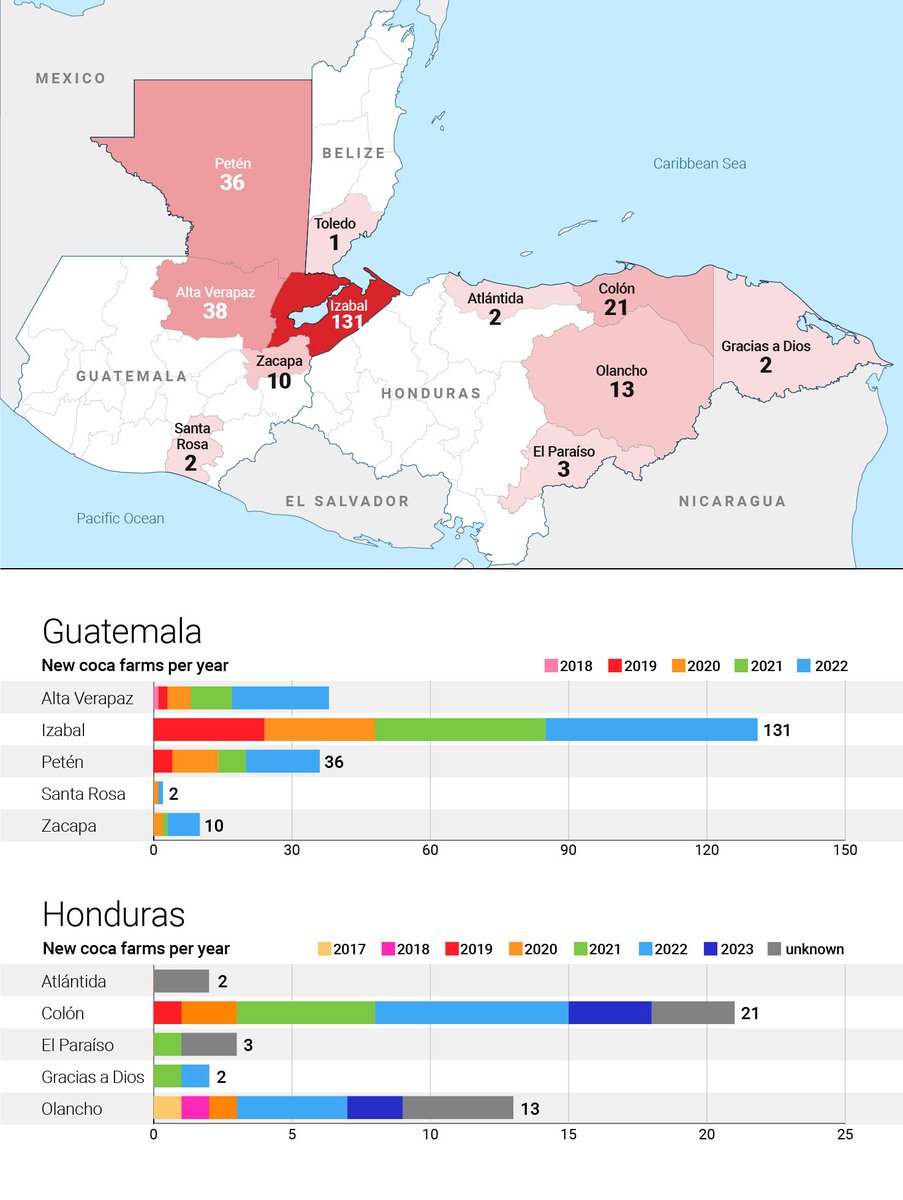NEW: Our 2023 Corrupt Person of the Year isn’t a domineering dictator — she’s one of the many dry bureaucrats helping to derail democracy.
Step forward María Consuelo Porras, Guatemala’s attorney general and protector of the political elite.
Step forward María Consuelo Porras, Guatemala’s attorney general and protector of the political elite.
Porras is overseeing efforts to prevent president-elect Bernardo Arévalo from taking office after he won the election in August.
Her efforts — including suspending Arévalo’s political party — have sparked protests and helped throw Guatemala into a political crisis.
Her efforts — including suspending Arévalo’s political party — have sparked protests and helped throw Guatemala into a political crisis.
A fine example of the banal face of evil, Porras was first appointed attorney general in 2018 under former president Jimmy Morales.
She played a key role in ousting Guatemala’s UN-backed corruption commission a year later, ensuring corrupt elites stayed in power.
She played a key role in ousting Guatemala’s UN-backed corruption commission a year later, ensuring corrupt elites stayed in power.
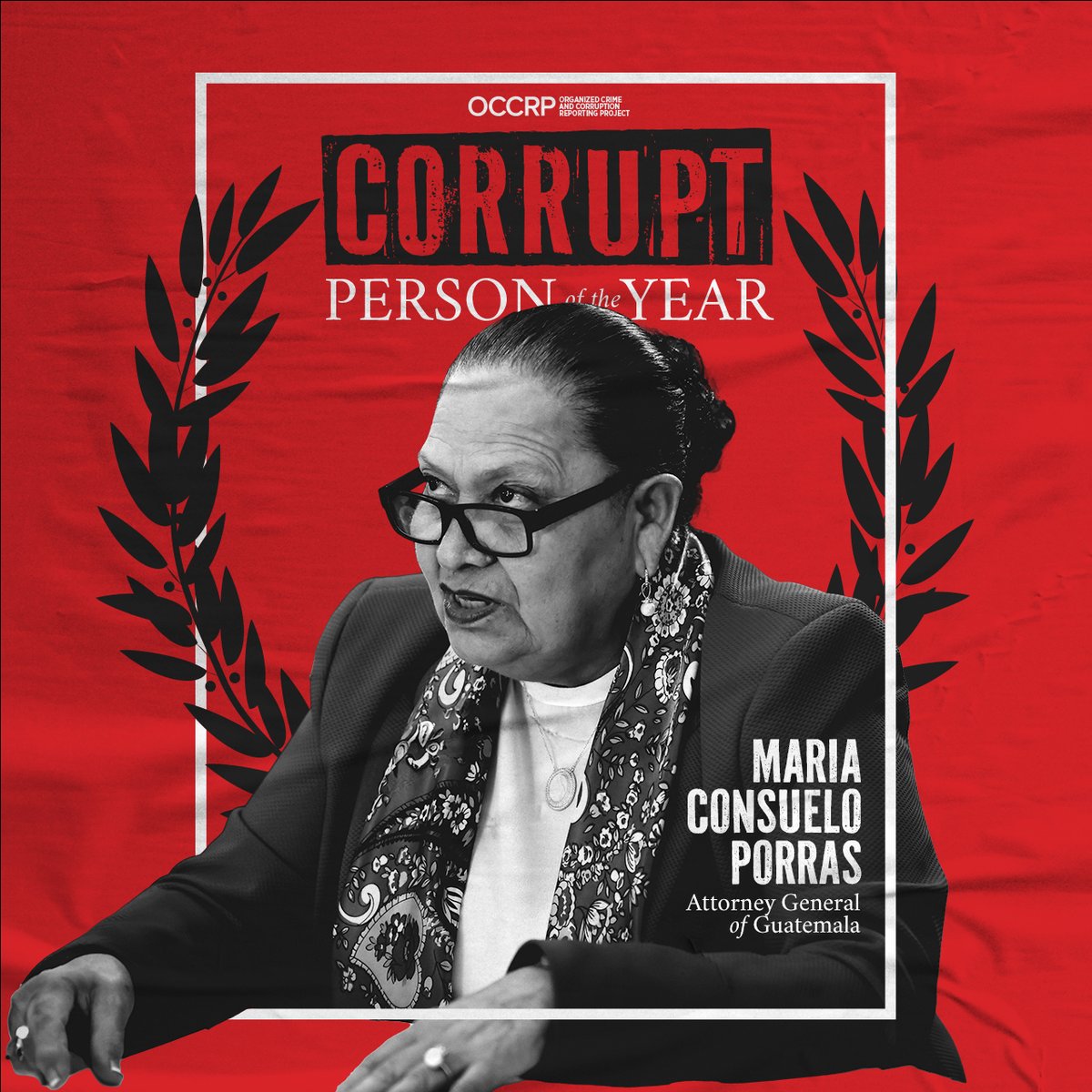
“[Porras] has brutally persecuted honest prosecutors, journalists, and activists, chasing them into exile,” says @mtronderos, a judge on our panel for this year’s award.
• • •
Missing some Tweet in this thread? You can try to
force a refresh





